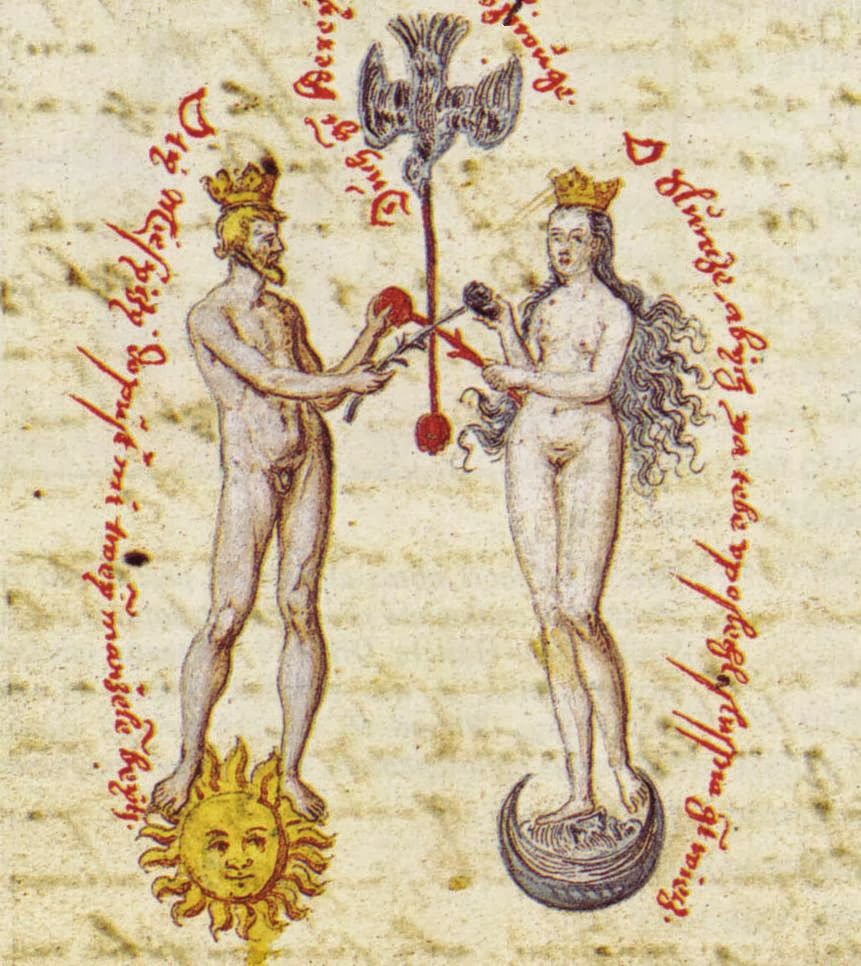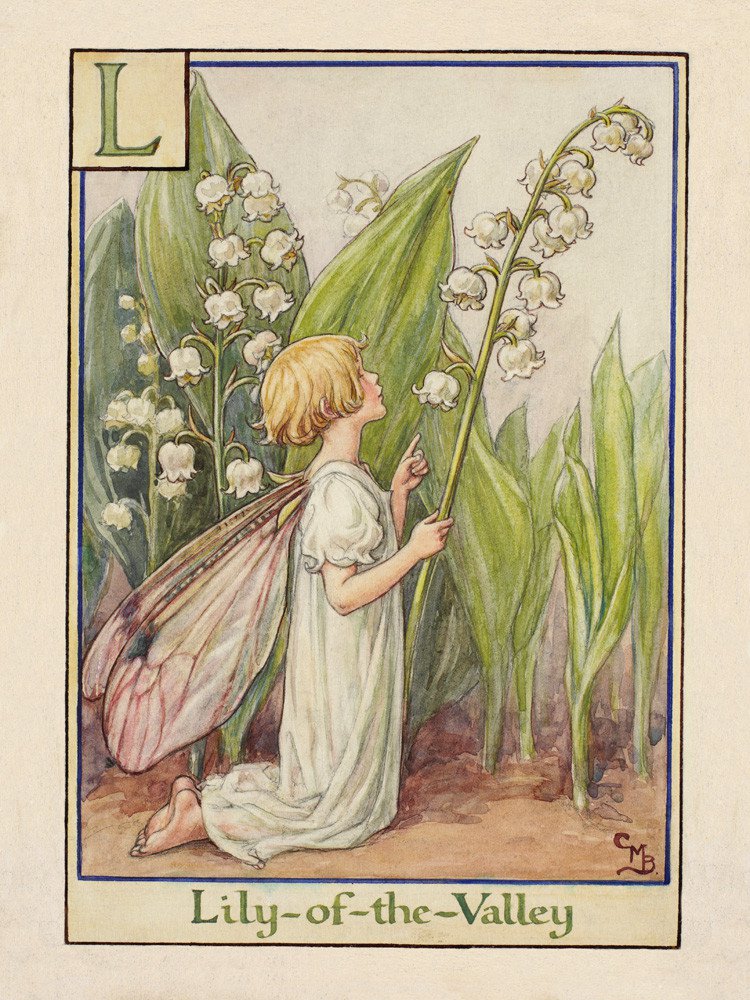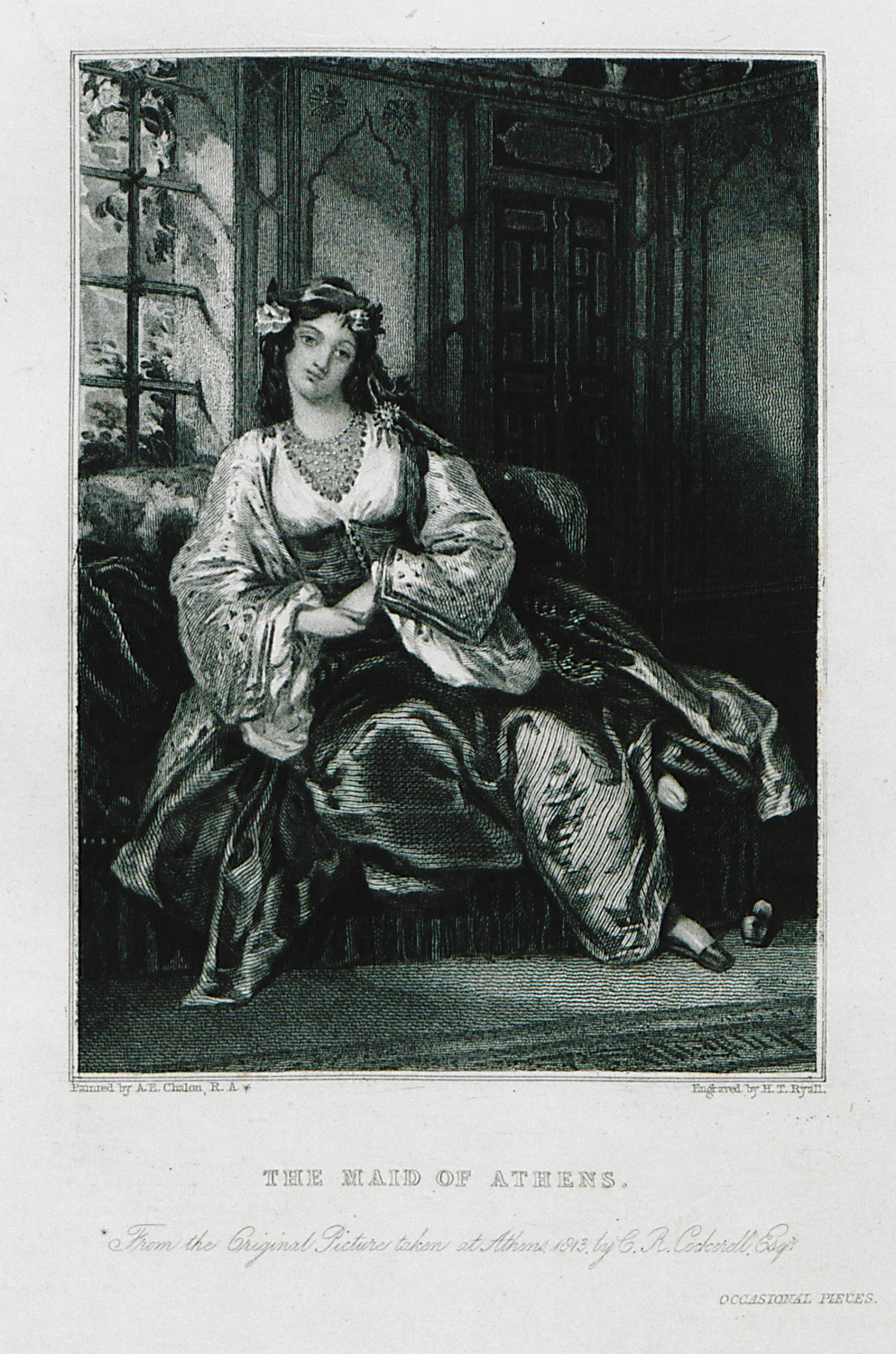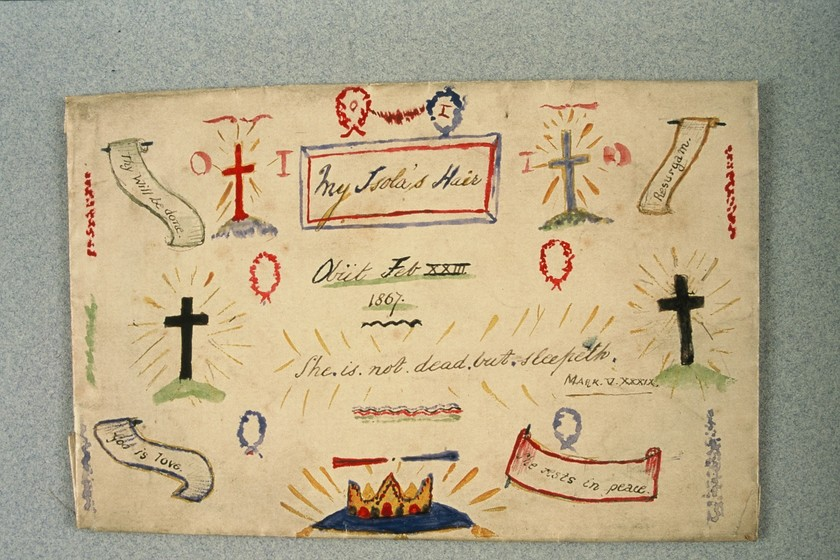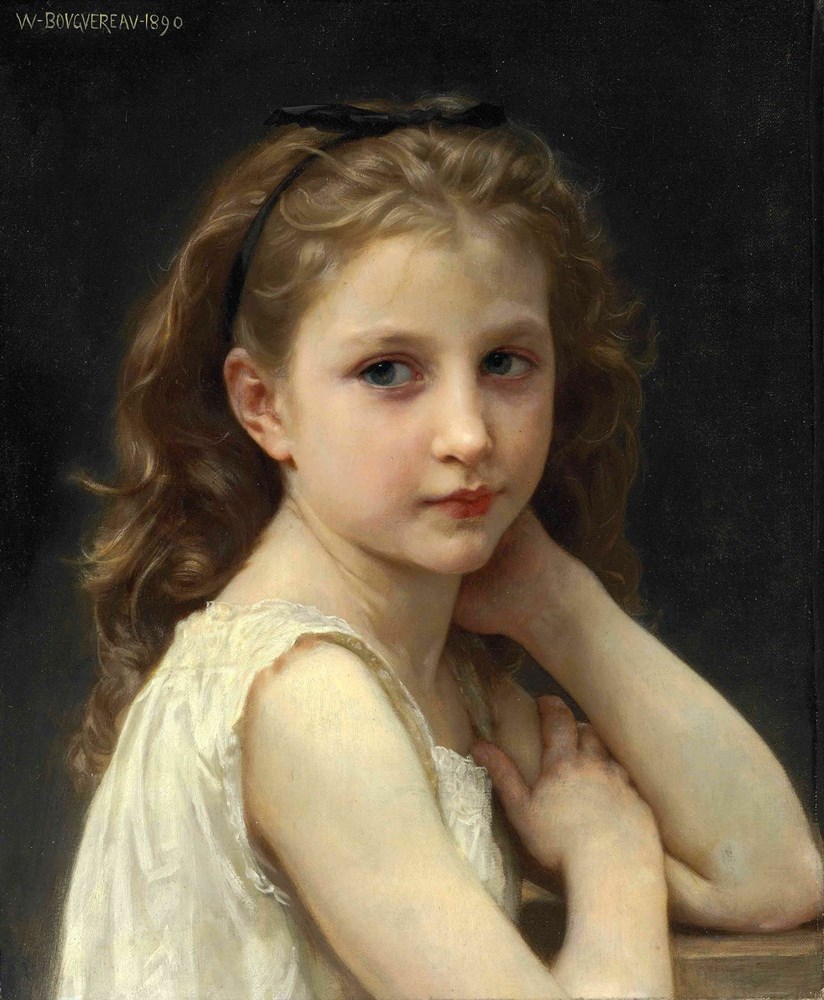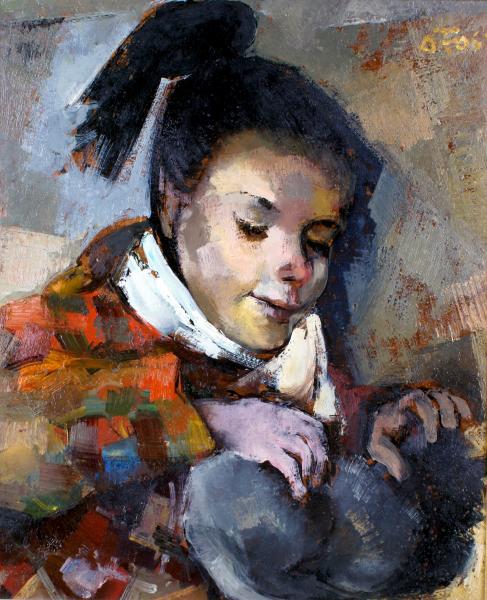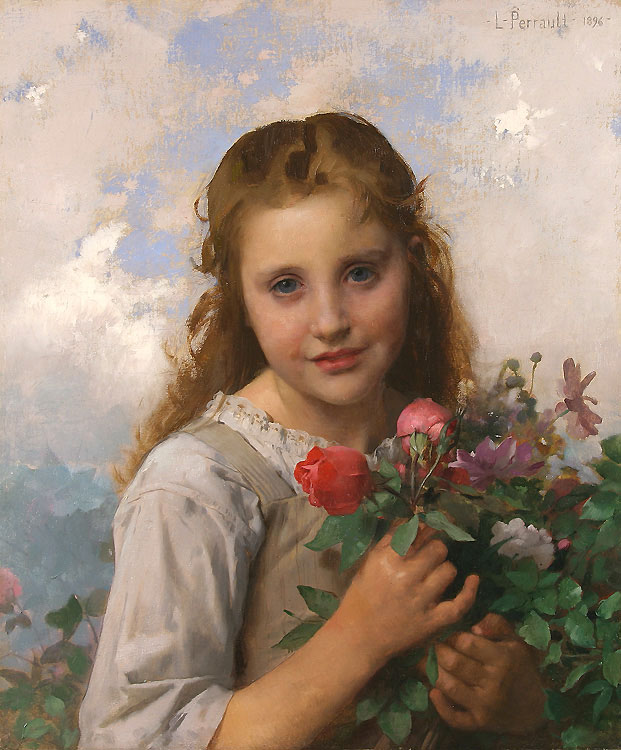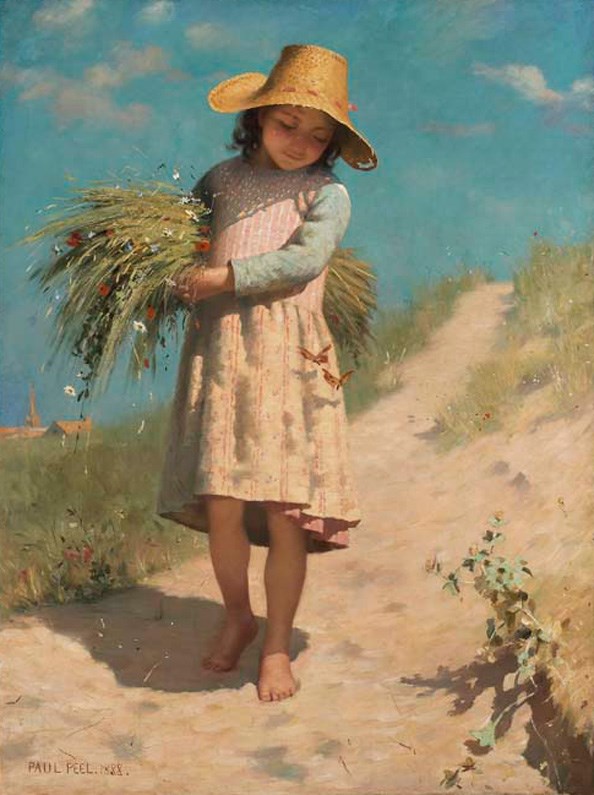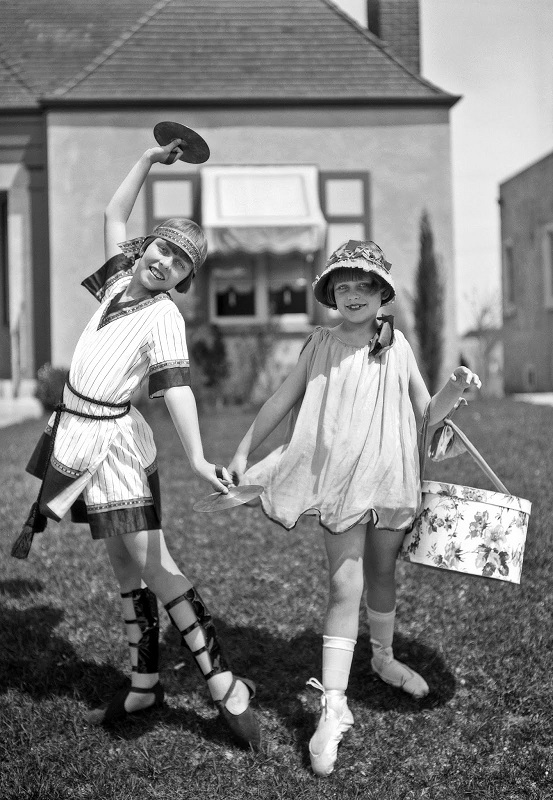
Possibly there are some readers who, every three days at 6 p.m. Paris time, visit this site in order to read a new post. Today they will find an unusual one, similar to another one that appeared exactly six months ago, as it is not devoted to presenting a writer or a poem.
Poets and Lovers is alive since one year. The database was created on March 17, 2019, then it got its domain name on the 20th. CONTINUE READING / CONTINUER LA LECTURE…


